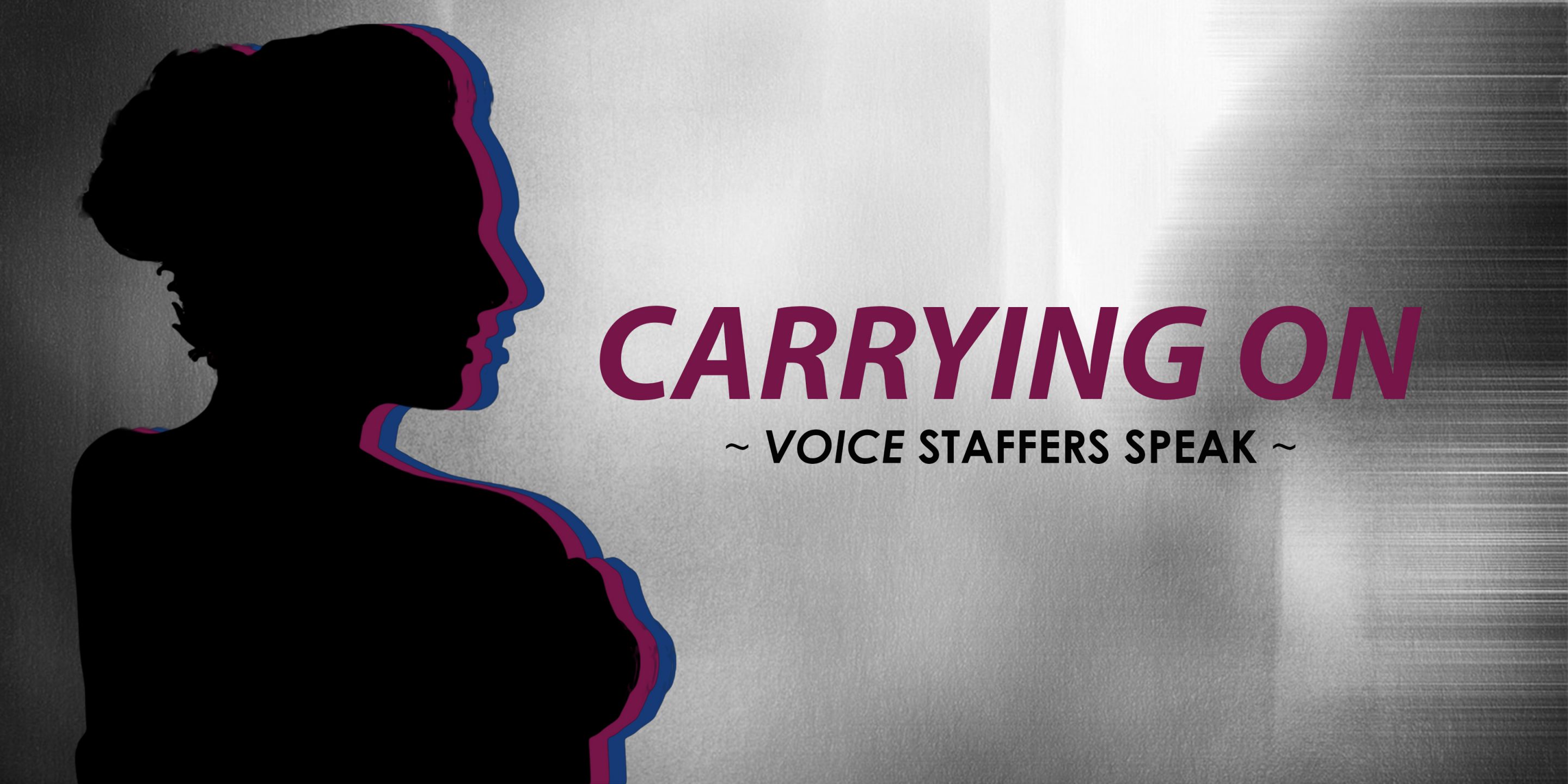I am nine months old when I fly first class for the first—and, at the time of this writing—only time in my life. My commuter dad amassed enough frequent flier points to score three deluxe seats on the second floor of a double-decker plane flying from Hong Kong International to JFK. Tragically, my paid-for seat is for naught as I sleep and whine in a Korean Air complementary bassinet for the flight’s 13 hour duration. In this way, I enter the padded world of privilege in style.
I am days—or possibly even hours—old when someone leaves me with a note in a marketplace in Yangzhou, China. (I grow into my place of abandonment; I’m a notoriously voracious eater.) A product of China’s infamous (and recently relaxed) one-child policy, I am scooped up and transported to an orphanage where I will babble and learn to crawl until my parents adopt me roughly nine months later. After I overcome the initial shock of my mom’s blonde hair—I couldn’t keep my hands off her curls—and once my parents navigate the strange bureaucratic necessity that wrongly labels me deaf—my mom was just shy of China’s required age minimum and thus was given a supposedly disabled baby—my parents whisk me onto that mammoth plane where I will blow my chance at experiencing unadulterated luxury. Four months later, I am “eating” cake at my first birthday party as my three new brothers (dogs) wait patiently for inevitable scraps.
Flash-forward another four and a half years, and I am back in China with my parents to adopt my younger (human) sister. (And no, we are not blood-related, but we have loudly fought over a Tinkerbell pencil and together possess a mental compendium of Spongebob quotes, so I think that’s proof enough of sisterhood.) I am five and a half at the time and think that my parents and I will get some face time with each baby in this room, deliberate, and then go home with the baby of our choice. I am assured that this transaction is non-negotiable, so we leave with the large-headed one-year-old that matches the picture stamped onto piles of paperwork. That night, we take lots of cutesy pictures, and I read her a book called Dinner at the Panda Palace. Later we both get raging ear infections.
Growing up, harmlessly inquisitive friends would ask when my parents told me I was adopted, to which I would respond that “I always knew.” As precociously perceptive as that sounds, it doesn’t take a genius to understand that a blue-eyed Missourian plus a green-eyed New Yorker does not a Chinese daughter make. There was no concrete event wherein my parents drew a dotted line from China to America and lectured me on my origin story. I absorbed the details naturally as they came and to this day they linger somewhere in the back of my head, often with no tangible import on my life. When I’m not actively engaged in a conversation about being adopted, the fact usually slips my mind.
I think about my race—my Chinese-ness—in the same way: I don’t think much about it at all. I have no connection to Chinese culture—even saying “my” culture feels fake; it’s never belonged to me—and I never felt any instinctive pull toward learning Mandarin or visiting China again (at least not more than any other language or country). I grew up with white parents, lived in a predominately white hometown, and learned in largely white classrooms. My closest friends throughout school were (and are) usually white. Demographics play a role, but so too does the fact that I usually find more similarity in experience with my white peers as opposed to, say, a second-generation Chinese-American. In other words, I am privileged in a way that other Chinese-Americans and people of color are not. Never have I felt ostracized or limited because of my race, because I usually forget it’s a factor. I am well-versed in “Asian” stereotypes but still sometimes forget that people might apply them to me. Only recently have I consistently registered the cause of people’s not-unkind glances when I’m out and about with my parents and sister: oh, it’s probably because we’re Chinese, and they are white. Of course, I know I am Chinese—in middle school I began happily flexing my self-deprecatory humor by cracking jokes about my “squinty” eyes—but I am privileged because I grew up effortlessly in the mode of white America.
I am now almost twenty, and my sister is fifteen. We are wildly different people to the point of caricature. We joke that a combination of our personalities would result in a perfectly neutral state of being: my passivity would get a jolt from her fiery passion; her mercurial nature would benefit from a dose of my general zen. The list goes on.
She is happiest front row at concerts, jumping up and down, and blowing out her eardrums. Her hair reaches the small of her back, and she stomps around in black Dr. Martens. Her wit is exact and sometimes biting. She is ambitious about her goals and fiercely passionate about her interests. She has mostly grown into her large head.
But my sister is never granted the privilege of forgetting that she is adopted from China. She attends a different, smaller, and whiter high school where she faces prideful ignorance and casual bigotry from her peers. The great majority of the school’s diversity is due to the influx of Chinese students from a foreign exchange program, which logically meant that my sister endured two weeks of “Your accent is so good!” before people began to realize that any Mandarin she knew was thanks to her own initiative. To make a humiliating situation worse, the faction of white boys who label her as “fake Chinese” is often joined by a few Chinese foreign exchange students who accuse her of “being too American.” She usually delivers scathing comebacks before retreating to the classroom of an understanding and woke teacher. Although sometimes, she tells me, she is too tired to fight back.
I am enraged and near tears when she tells me someone called her “chink.” Yet, I still bristle reflexively when she makes (understandably) bitter comments about white people. I struggle to identify with the new zeal with which she embraces Asian dramas, Chinese beauty standards, and rice at every meal. (She owns two sets of porcelain chopsticks, while I sheepishly ask for forks at sushi restaurants.) My sister is wholly American but now reasserts her Chinese-ness in a kind of metaphorical middle finger to those who would stuff her into a box. I never felt compelled to do this because no one ever questioned my right to exist the way I pleased.
It is strange to see someone with whom I have shared my biggest life experiences grapple with her identity in a way that is so different from how I understand my own. My sister’s experience shocked me out of that unproductive pattern of projection. Slowly, I began the uncomfortable, messy process of unpacking a privilege I hadn’t recognized before. My sister helped me realize that though we are both adopted Chinese-Americans with the same white parents and the same hometown with the same class distinction, my ability to forget about my race is a significant privilege.
My sister and I don’t talk as much as we should. Life is busy, our age difference yawns, and our temperaments do not mix naturally without a conscious effort. But lately, my sister has expressed a vague interest in moving to China as an adult. If that happens, I would be the first to board another double-decker to visit her, although I think my first-class days are behind me.
Amy is a sophomore in the College.




